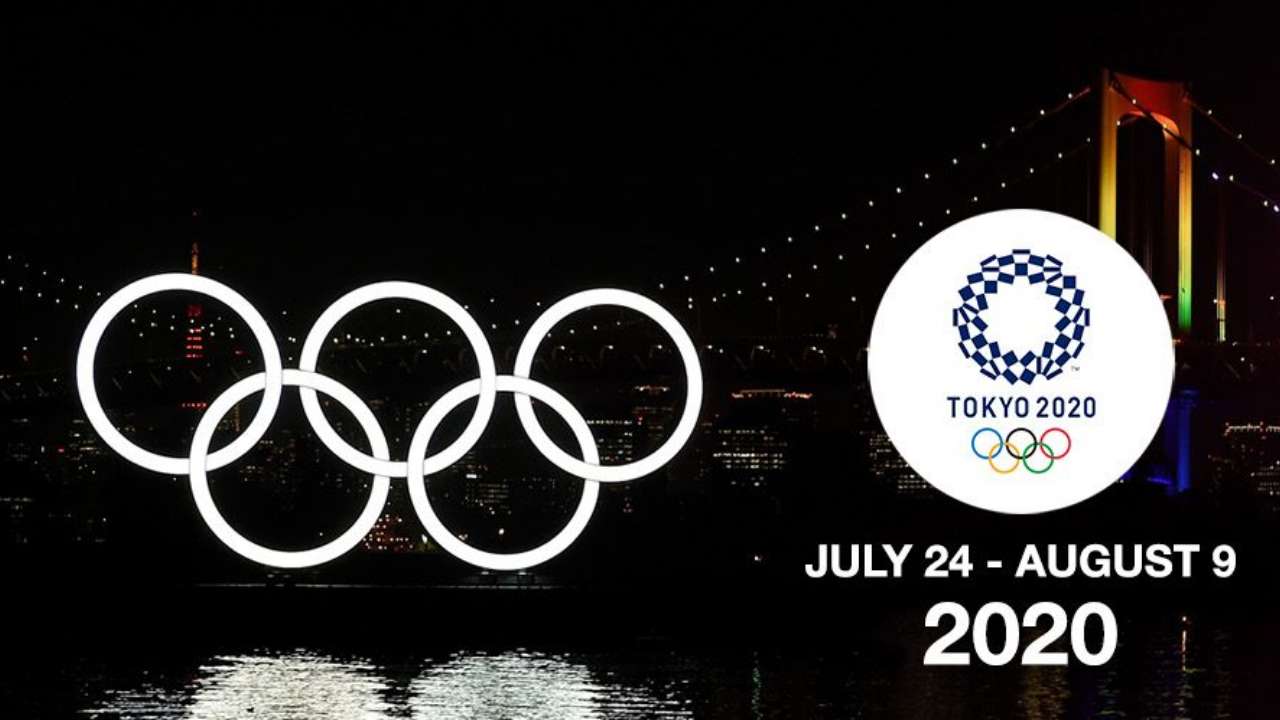'Confident about going to Tokyo, or not?' IOC to decide fate of Olympics in wake of Coronavirus outbreak
What began in China is now spreading throughout the globe. The coronavirus outbreak has reached Europe, the Middle East and other parts of the world. With the Tokyo Olympics round the corner, the fast-spreading virus from China is threatening the tournament.

IOC to decide fate of Olympics in wake of Coronavirus outbreak , Olympics Twitter
What began in China is now spreading throughout the globe. The coronavirus outbreak has reached Europe, the Middle East and other parts of the world. With the Tokyo Olympics round the corner, the fast-spreading virus from China is threatening the tournament.
Dick Pound, the longest-serving member of the International Olympic Committee (IOC), estimates that there is a three-month window to decide the fate of the Tokyo Olympics. Pound, in an exclusive interview with The Associated Press, spoke about the risks facing the Olympics, which opens July 24.
“You could certainly go to two months out if you had to,” Pound said, which would mean putting off a decision until late May and hoping the virus is under control.
“A lot of things have to start happening. You’ve got to start ramping up your security, your food, the Olympic Village, the hotels, The media folks will be in there building their studios.” And if it got to the point of not going ahead, Pound speculated “you’re probably looking at a cancellation.”
“This is the new war and you have to face it. In and around that time, I’d say folks are going to have to ask: ‘Is this under sufficient control that we can be confident about going to Tokyo, or not?’”
As of Tuesday, China reported 508 new cases and another 71 deaths, 68 of them in the central city of Wuhan, where the epidemic was first detected in December.
The updates bring mainland China’s totals to 77,658 cases and 2,663 deaths. South Korea now has the second-most cases in the world with 977, including 10 deaths. In Japan four deaths have been reported, however, Pound has encouraged athletes to keep training.
About 11,000 athletes are expected to take part in the Olympics, and another 4,400 for the Paralympics.
“As far as we all know you’re going to be in Tokyo,” Pound said. “All indications are at this stage that it will be business as usual. So keep focused on your sport and be sure that the IOC is not going to send you into a pandemic situation.”
Earlier in 1940, the Olympics in Tokyo was called off because of Japan’s war with China and World War II.
Pound repeated the IOC’s stance — that it’s depending on consultations with the World Health Organization, a United Nations body, to make any move.
“It’s a big, big, big decision and you just can’t take it until you have reliable facts on which to base it,” Pound said.
He added that whatever advice the IOC is now getting, “it doesn’t call for cancellation or postponement of the Olympics. You just don’t postpone something on the size and scale of the Olympics. There’s so many moving parts, so many countries and different seasons, and competitive seasons, and television seasons. You can’t just say, we’ll do it in October”.